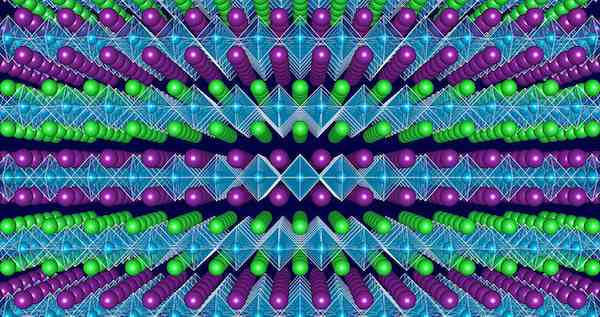Self-healing paint could halt rust on military vehicles
A new additive could help military vehicles, including the Marine Corps variant of the Joint Light Tactical Vehicle heal like human skin and avoid costly maintenance as a result of corrosion. Developed by the Johns Hopkins University Applied Physics Laboratory in partnership with the Office of Naval Research, polyfibroblast allows scratches forming in vehicle paint to scar and heal before the effects of corrosion ever reach the metal beneath. Polyfibroblast is a powder that can be added to commercial-off-the-shelf paint primers. It is made up of microscopic polymer spheres filled with an oily liquid. When scratched, resin from the broken capsules forms a waxy, water-repellant coating across the exposed steel that protects against corrosion. While many self-healing paints are designed solely for cosmetic purposes, polyfibroblast is being engineered specifically for tactical vehicles used in a variety of harsh environments.
E3-production – sustainable manufacturing
Keeping manufacturing operations in Germany will require a fundamental shift away from maximum profit from minimal capital investment toward maximum added value from minimum resources. Initiating and effecting this change is what Fraunhofer’s E3-production project is all about. The three “E”’s represent the areas of focus that bring together Fraunhofer scientists from 12 institutes. New machines, technologies and processes conserve energy and resources—and pave the way for an emissions-neutral factory. Ergonomics in manufacturing completes the set. The question is, which new manufacturing techniques will help conserve materials and energy? What options are there for keeping emissions to a minimum? Fraunhofer scientists will be at the Hannover Messe to present initial ideas and solutions for a sustainable factory of the future in Hall 17, Stand F14.
Solar industry scorches records
A new report on the solar power industry signals a major milestone for America’s clean energy economy. According to the latest GreenTechMedia Research and Solar Energy Industries Association’s Solar Market Insight Year in Review 2013 report, photovoltaic installations continued their impressive growth, increasing 41% over 2012 to 4,751 megawatts of installed power in the United States. Today, there are more than 440,000 operating solar electric systems in the US, totaling more than 12,000 MW of PV and 918 MW of concentrating solar power—nearly fifteen times the amount installed in 2008. According to the report, 100% of new electric generating capacity in Arizona, Illinois, Massachusetts, New Jersey, Missouri, Vermont, and the District of Columbia came from solar energy. Cumulatively, 29% of all new electricity generation in the US came from solar power in 2013, making solar the second-largest source of new generating capacity behind natural gas.
Toyota said to aim for low of $30K for fuel cell vehicle
Toyota and Honda are both planning to bring fuel cell vehicles to market in 2015 with aim of making the cars available for less than $50,000 further in the future, according to a Japan report. Toyota is hoping to reduce pricing to between 3 million yen (about $30,000) and 5 million yen (about $50,000) by the 2020s, according to a Nikkei report on Wednesday. To date, fuel cell vehicle price targets have been in the stratosphere, with auto makers saying only that prices could be below $100,000
Coating Process Fundamentals short course
This course provides coating engineers and their colleagues with an understanding of the principles of the many processes by which liquid coatings are applied and solidified. It is designed for engineers who are engaged in coating and who seek a deeper understanding of processes and processing problems. It is also relevant to physical scientists concerned with the formulation of coating liquids for processability and microstructure development. The course is offered by the department of chemical engineering and materials science at the University of Minnesota.
Author
Eileen De Guire
CTT Categories
- Education
- Energy
- Manufacturing
- Transportation
Related Posts
Ceramics and glass business news of the week
January 23, 2015
Ceramics and glass business news of the week
January 2, 2015

